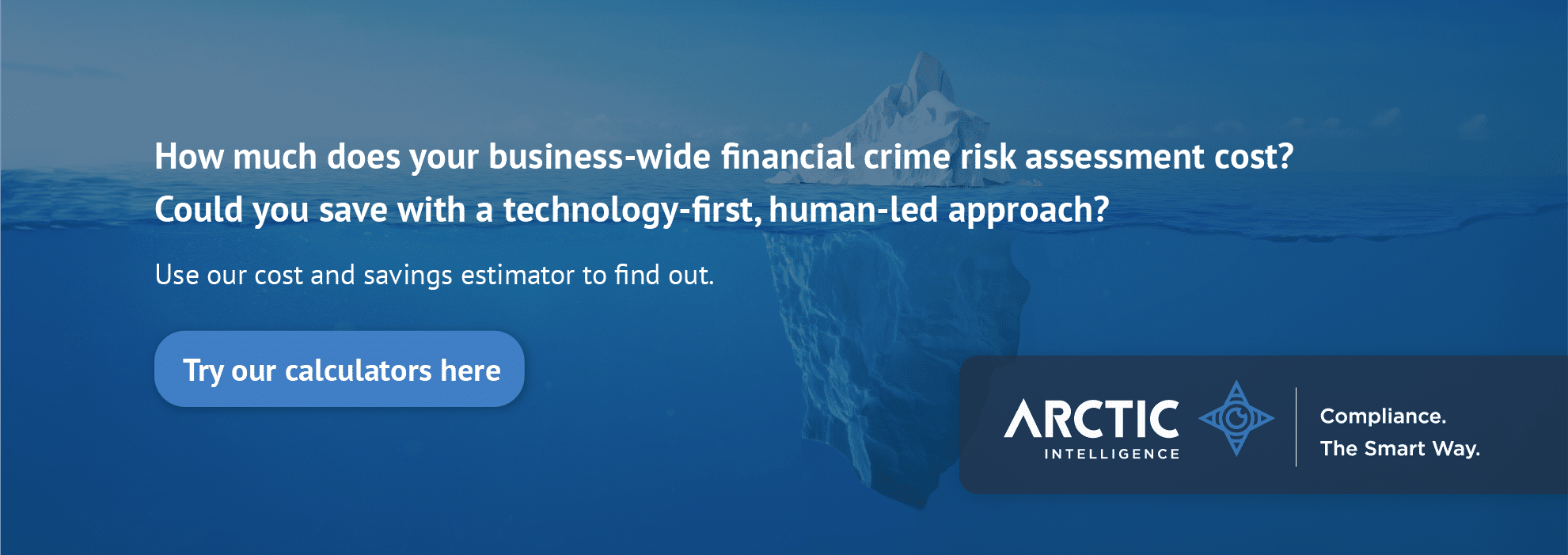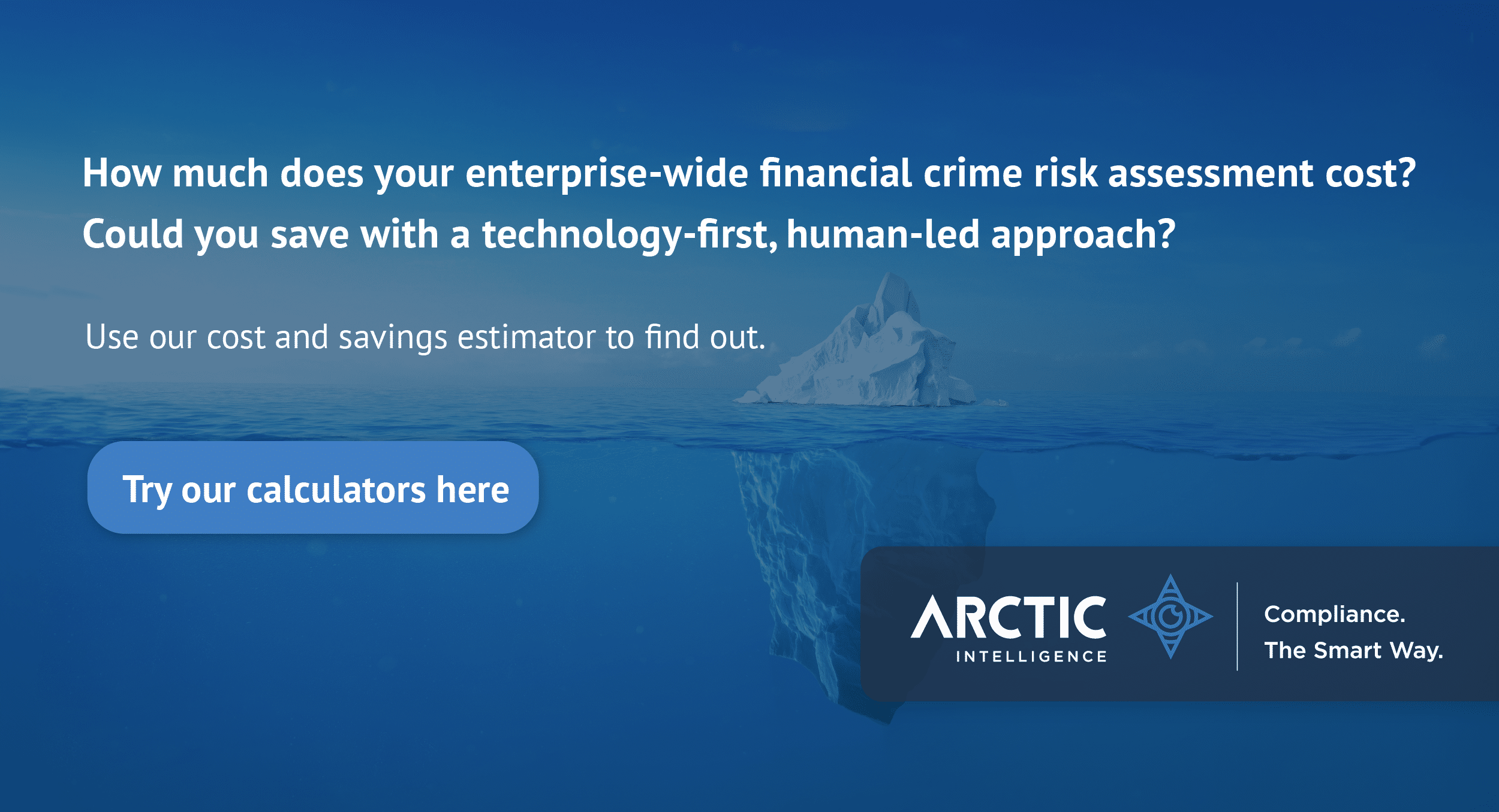July 27, 2020
MALTA: Malta is at risk of being the first EU country to be grey listed by Moneyval
Prime Minister Robert Abela has tried to reassure MPs and the public that he is confident they will pass the assessment due to take place in October. MFSA CEO Joseph Cuschieri has said the regulator is ready to bolster its investigative and supervisory powers against the problems of financial crime in preparation of the assessment, however financial experts are not so confident. They are urging businesses to be prepared for the ripple effect that the grey listing would create, the impact if would have to their economy. They agree that to avoid failing the evaluation, authorities need to take further actions to ensure more robust anti-money laundering (AML) procedures are in place across all regulated sectors, but are also urging for an umbrella investigation into corruption and murder in Malta, through the establishment of a Europol Joint Investigation team. Calling for assurance on the closure of the investigation into the assassination of journalist and anti-corruption activist, Daphne Caruana Galizia.
EU names additions to list of High-risk third countries
The EU’s 5th Money Laundering Directive broadened the criteria for the European Commission in assessing high-risk third countries. The EC recently announced that in October 2020 several countries will be added to the list of high-risk third countries, including Barbados, Cambodia, Mauritius, and Ghana. These countries are identified as having strategic deficiencies in their national anti-money laundering and counter terrorism financing (AML/CTF) regimes that pose significant threats to the EU’s financial system. Enhanced due diligence must be applied to any business activity with a person established in a high-risk third country.
UK: Human rights sanctions
On 6th July 2020 the UK government announced a ground breaking global sanction regime against Human Rights abusers that will target individuals and organisation involved in some of the gravest human rights violations and abuses around the world. The sanctions came into effect immediately and initially named individuals in Saudi Arabia, Russia, Myanmar and North Korea. Measures against those named include asset freezes and travel bans and represent the first time the UK will alone name and penalise individuals and organisations accused of human rights abuse. Whilst we wait to see if the assets of those sanctioned are situated in the UK and subject to these measures, it should deter others from looking to the UK to place and launder their money. Dominic Raab was explicit in saying “Those with blood on their hands won’t be free … to waltz into this country, to buy up property on the Kings Road, do their Christmas shopping in Knightsbridge, or siphon dirty money through British banks,”.
UK: The fall of Wirecard
Wirecard AG who were “missing” €1.9 billion have now filed for insolvency last month, with CEO Markus Braun being arrested on suspicion of inflating the company's balance sheet and revenues to make it appear stronger and more attractive for investors and customers. Europe’s largest fintech, heralded for its innovation, Wirecard was undoubtably a leader in the industry. Crediting its superior services and technology for its ever-growing share price, reaching a market valuation of €24.6 billion in September 2018. However, not everyone was sold on Wirecards rapid and increasing success. Short-sellers were adamant and vocal about their doubts on the data that backed this success story and seeing irregularities with their overseas offices and third parties. Though in January 2019, when the Financial Times published information given to them by a Wirecard whistle blower who claimed an internal investigation had been covered up, the German regulator BaFin did nothing to investigate the accusation, and instead, went after the journalists. BaFin investigated the FT over an allegation of market manipulation and went on to enforce a two-month ban on short-selling, citing Wirecard’s "importance" for the economy. The FT continued to investigate and report suspicious activity and so with pressure from investors Wirecard appointed KMPG to carry out an Audit. When the results were finally due to be released in June 2020, rather than present the report, Wirecard announced that the 1.9 billion Euros were missing, and had probably never existed.
Netherlands: Dutch banks join forces to combat Money Laundering and Terrorist Financing
The coalition, comprising ABN Amro, ING, Rabobank, Triodos Bank and de Volksbank, will establish an agency to monitor their transactions, using Transaction Monitoring Netherlands (TMNL) in an effort to identify unusual patterns in payments traffic that individual banks cannot identify. It is estimated that criminal activity of up to €18 billion is through money laundering in the Netherlands each year from activities including drug trafficking, human trafficking, child pornography and extortion. President Chris Buijink of the Dutch Banking Association, says: “Really effective combating of this type of criminality is only possible through closer cooperation. This cooperation will have positive consequences throughout the chain from detection to prosecution".

Rosie Davitt, Director of Sales, EMEA
m: +44(0) 7732264289
Follow us on LinkedIn for financial crime and AML updates around the globe.



